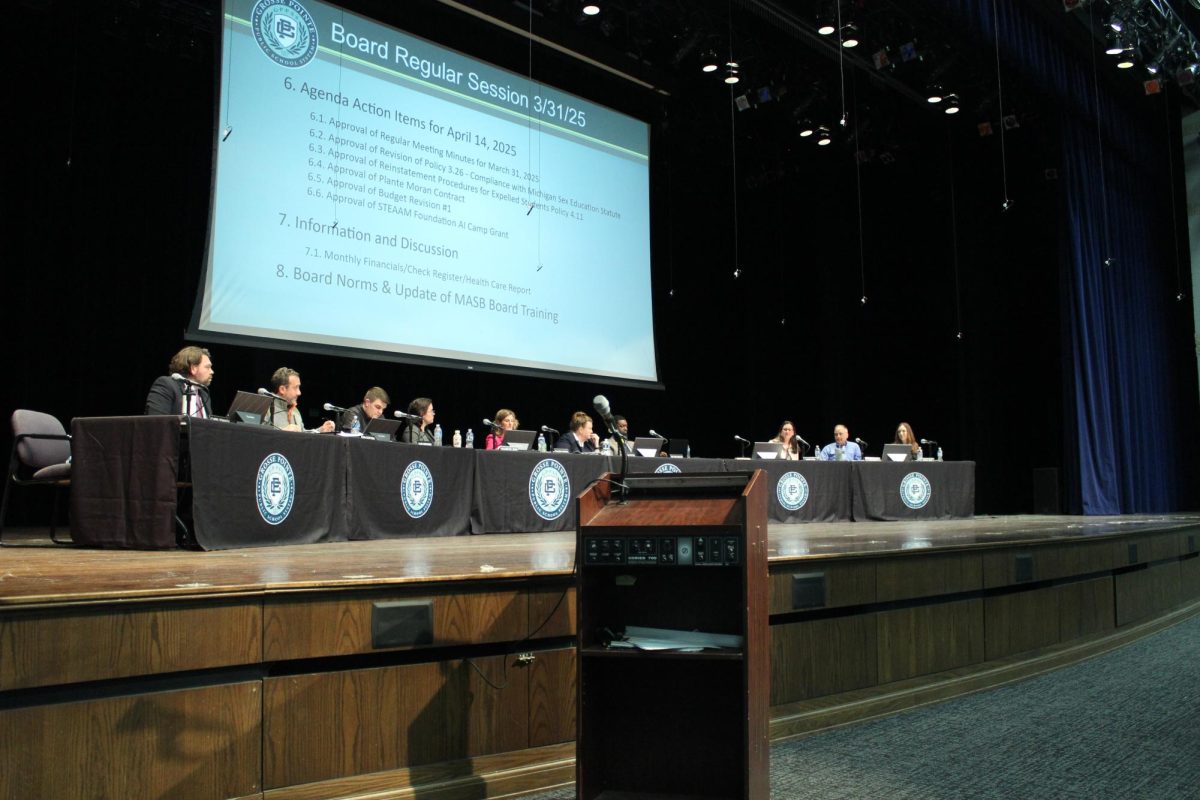Greenwashing: How corporations deceive their consumers
April 12, 2022
Climate change is the single most important issue facing the world today. It’s not just about a hotter planet. Weather patterns are shifting. Storms are becoming more frequent, more dangerous, and lasting longer. Countries around the world are experiencing record-breaking droughts and heatwaves. And even beyond that, food scarcity is already being faced in certain areas of the world and will continue to get worse if projections are correct. This is because the world we live in relies on pollutants in order to keep growing at the rate it is. Factories require energy and raw materials, then more to ship it. In turn, the jobs provided by factories will turn and cause a higher demand for material goods and the cycle compounds. Companies play the largest role in the issue. According to a 2017 article published by “The Guardian” 100 companies make up 71 percent of all pollution in the world.
In recent years, companies are attempting to boost consumer confidence by advertising certain products or even their business as a whole as being sustainable, green, or other variations of environmental buzzwords while really doing nothing to alter their carbon footprint. This greenwashing is honestly an embarrassment to these companies. Climate change isn’t something that will go away because someone appears to be helping. To truly combat it, real lasting change needs to be enacted on every level. Businesses should completely re-evaluate their business model. The actions they make speak louder than the words on their advertisements. Individuals can make changes but when the vast majority of pollution is chased by a small group, their actions are not enough.
Some recent examples of greenwashing include Keurig claiming their single-use coffee canisters are able to be recycled, when only certain areas can recycle them. Consumers were led to believe they were giving their used household goods a new life when in actuality it did the opposite. Another example is H&M’s “conscious” line, a collection of clothes claiming to be ethically sourced. An independent study by Changing Markets Foundation found that 96 percent of the claims H&M made towards this line were misleading. These are only two examples of a long list of greenwashing and it exists everywhere from banking to skiing.
Greenwashing is a shameful business tactic and should be immediately stopped and replaced by real lasting change. Consumers care about the impact of what they’re buying; give them what they want- for real this time.














































































